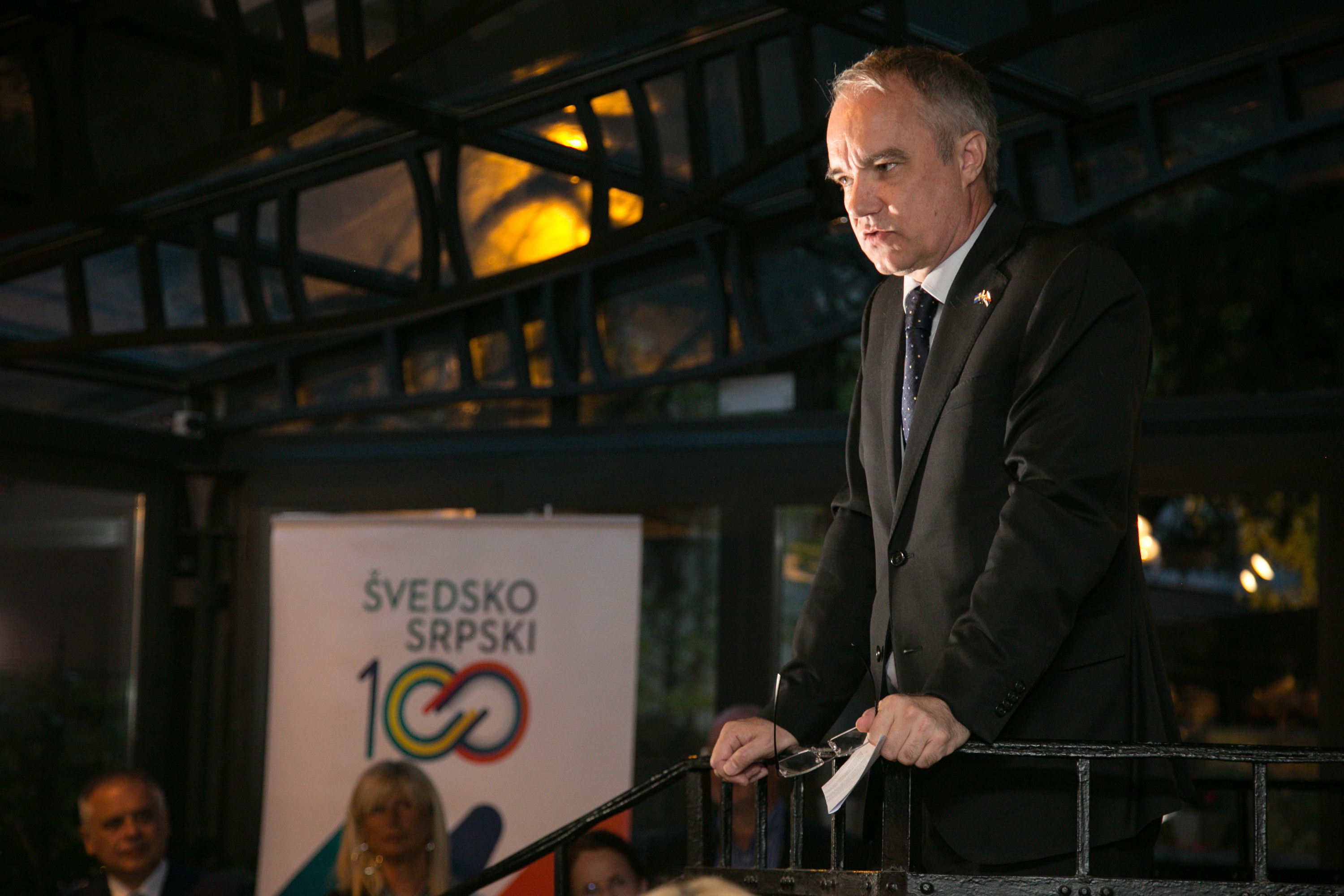In the past two years, Diplomacy&Commerce magazine has given to its readers abundance of news from politics, business and culture, has reported on the opinions of relevant stakeholders both from Serbia and abroad, covering all segments of life, and opened up topics that were not written or talked about enough. With its latest issue, Diplomacy&Commerce is celebrating its second anniversary in Serbia. We are very proud of the fact that, in two years and 24 issues, we have managed to interview the leaders of the Serbian political, business and diplomatic community, as well as the renowned regional and the global public figures. In these past 24 issues, we have also published special supplements dedicated to overall relations between Serbia and European and world countries.

We have asked Serbian officials – Serbian PM, government ministers, ambassadors and representatives of business associations in Serbia – to give us their opinions about the most important changes that Serbia should make in order to become an EU member, and about the investment climate in the West Balkan region.
1 Without doubt, continued efforts are required concerning Rule of Law, i.e. what is referred to as Chapter 23 and 24 of the EU acquis. Serbia has during the recent two years moved in the wrong direction on the global corruptions perceptions index produced by Transparency International. Serbia was recently put on the “grey list” by the G-7 initiated Financial Action Task Force against money laundering, which is both a setback, and a serious warning signal with repercussions for the Serbian financial sector. I know the Serbian government is working hard on institutional reform underpinning the court system and the fight against corruption, but this has yet to produce desired outcomes. A strong track record needs to be established which shows that the institutions are working as intended. For instance, nearly two years after the incident, we are still waiting for the full picture as to the promised investigation of the Sava Mala eviction incident. Nearly one year after Montenegro requested the extradition from Serbia to jail in Montenegro of Montenegrin citizen former President Svetozar Marović, there seems to be little movement on the matter. If one analyzes the implementation of the National war crimes strategy announced by the Serbian government two years ago, there is still a wide gap between what was promised in the strategy and reality today. Out of 1500 cases under investigation, charges have been made against only eight people, and some of the on-going trials, such as the Lovas case, move at a strikingly slow pace. The European Union will continue to follow these issues closely, and work hard to support necessary reforms. Sweden through the EU budget contributes both to the general EU-support to Serbia, and in addition bilaterally invests some 13 million euros a year in e.g. police and administrative reform.
2 Multi-national companies indeed look at Serbia in a regional context, and as the largest economy of the Western Balkans region. We see a gradually increased interest for investment in Serbia, in particular greenfield investment, where the arrival last year of IKEA to the outskirts of Belgrade being an especially positive signal. The multinationals appreciate the fact that cost-levels and difficulties for investments have gone down in recent years, and in this respect, Serbia is quite competitive both in an international and European context. In order to attract truly large investment flows, however, Rule of Law reform – and a good track record – remains essential.